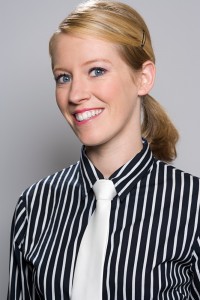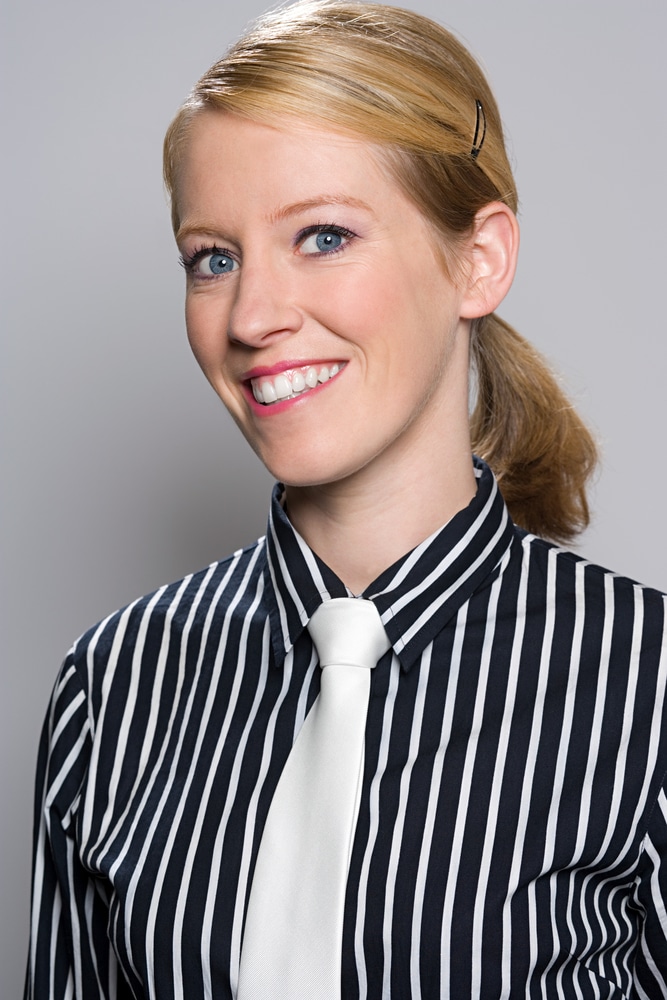
We wanted people who were not only qualified, but also had foundational qualities we could build upon. We wanted to see our staff achieve the highest and best use of their talents – many of which did not manifest for a year or so.
We looked for enthusiasm, confidence, honesty and integrity. We also looked for a willingness to learn. And, they had to be fun. It is much like finding a new friend, and we created great friends in the process.
The key to developing great people is to start with good people – and then provide the environment, encouragement, resources, and flexibility for them to become their best.
- Culture. A positive company culture is essential to the nurturing people. Constructive attitudes toward mistakes and a policy of permission allow for greater creativity. Use positive language. Talk about what you want, not what you don’t want.
- Compensation. Brian Tracy says most performance problems are caused by compensation systems. Reward for production and growth. Clearly state what you want in each phase of their training.
- Encouragement. Catch your people doing something right. Tell them two things they did well for every one thing they can improve. As their “boss,” you become an authority figure they look to for validation.
- Monitoring. Know what questions to ask of the data. Identify the metrics that best quantify performance. Make the reporting intervals as short as possible, especially during the first 90 days.
- Mentoring. A person is worthy of your time when they quickly pick up on concepts and extrapolate principals to other applications. Put more energy into him or her. Your time and efforts will be rewarded when you start with the right people.
- Acknowledgement. Give public acknowledgement, and tie it in to how it affects everybody’s salary, security, and potential. When you educate staff about what individual team members contribute, this encourages them to do even better.
- Written Resources. Have a policy of documentation. The same mistakes will not be repeated, the nuances of a job can be passed on, and your new hire can study what is expected of her. To keep job descriptions current, ask everyone to update their own annually.
- Training. Having written materials will reduce the training time. Stage this information so the new hire can focus on mastering one aspect at a time. Expect to spend three to six months in training before proficiency is achieved.
- Conferences. People want to improve their skill set. Of course, this will add to their resumes. However, if you are paying them right, they won’t leave, and they will create the income for their own raises. So, yes, send them to training conferences.
- Architecture. Natural and supplemental lighting, air conditioning, workspace, and noise levels all effect production and concentration.
- Best IT. Probably the most frustrating part of any new job is learning the IT and protocols. Have an IT “guy” who can quickly “fix” problems. Make your systems intuitive and user friendly.
To get the best out of your people, find out what they excel at. Then, redesign their jobs to fit those skills. Ask others to pick up the aspects of the former job that still need to be done. You might be surprised at the positive response. Don’t put the square peg in the round hole. Build a square hole.
Who We Are

Michael Houlihan and Bonnie Harvey co-authored the New York Times bestselling business book, The Barefoot Spirit: How Hardship, Hustle, and Heart Built America’s #1 Wine Brand. The book has been selected as recommended reading in the CEO Library for CEO Forum, the C-Suite Book Club, and numerous university classes on business and entrepreneurship. It chronicles their humble beginnings from the laundry room of a rented Sonoma County farmhouse to the board room of E&J Gallo, who ultimately acquired their brand and engaged them as brand consultants. Barefoot is now the world’s largest wine brand.
Beginning with virtually no money and no wine industry experience, they employed innovative ideas to overcome obstacles, create new markets and forge strategic alliances. They pioneered Worthy Cause Marketing and performance-based compensation. They built an internationally bestselling brand and received their industry’s “Hot Brand” award for several consecutive years.
They offer their Guiding Principles for Success (GPS) to help entrepreneurs become successful. Their book, The Entrepreneurial Culture: 23 Ways To Engage and Empower Your People, helps corporations maximize the value of their human resources.
Currently they travel the world leading workshops, trainings, & keynoting at business schools, corporations, conferences. They are regular media guests and contributors to international publications and professional journals. They are C-Suite Network Advisors & Contributing Editors. Visit their popular brand building site at www.consumerbrandbuilders.com.
To make inquiries for keynote speaking, trainings or consulting, please contact sales@thebarefootspirit.com.








